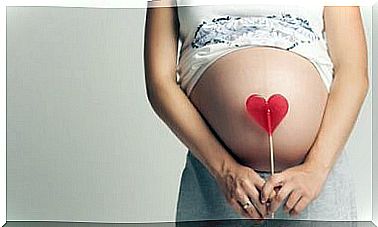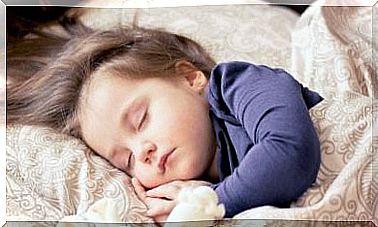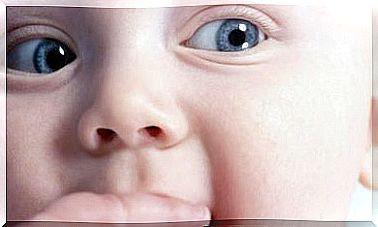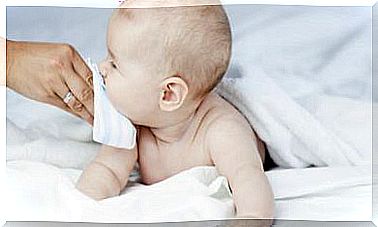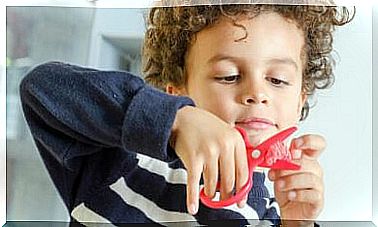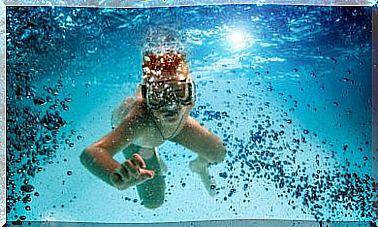Encopresis In Children
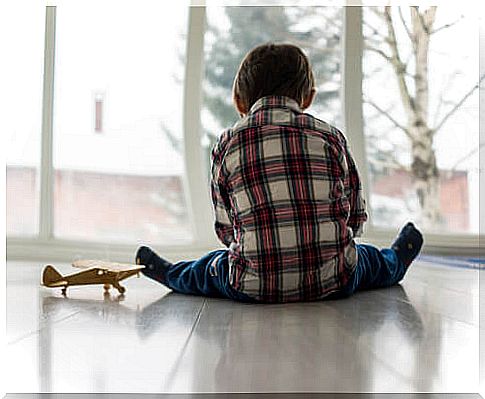
Encopresis is a disorder that often goes unnoticed (as a problem in itself), or is mistaken for malcreation. Many mothers do not know the term and also do not know that it is a disorder that can be common during childhood.
What is encopresis?
Encopresis is basically fecal incontinence. It is a disorder that occurs when a child who has long learned to go to the bathroom and not “poop” on his clothes, loses control over his bowel movements again. She is unable to control her bowel movements and defecates at any time and place.
Why is it not always detected in the first moments?
Encopresis can be interpreted as a bad habit or a nonsense or whim. If the child has behavioral problems and likes to challenge the elders, the family may think that encopresis is her rebellion.
When the child is in the middle of playing and defecates on his clothes because he didn’t have time to get to the bathroom, the family may also think that this happened because he was so busy and held the defecation bill.
How do you know it’s encopresis?
A mother may know that her child suffers encopresis when these episodes occur several times in the same week.
What are the main causes of encopresis?
The causes of encopresis are diverse, but among the most common are constipation and diarrhea.
Cold
Constipation is one of the main conditions that give rise to encopresis. When a child suffers from constipation, it is because he has a hard, thick stool that makes deposition difficult.
Despite this, the intestinal system continues to function and the liquid or soft stool drains around this retained stool and exits through the anus.
Diarrhea
Unlike what happens in constipation, the child who suffers from diarrhea can also suffer encopresis. As she cannot control her bowel movements, she defecates without even noticing.
What to do when the child suffers from encopresis?
The first thing is to take the child to the pediatrician. A child suffering from this discomfort should be thoroughly examined to rule out other pathologies such as neurological disorders or spinal cord disorders.
Then, the doctor will assess whether encopresis is due to constipation, occasional diarrhea, or emotional difficulties that require the attention of a psychologist or psychiatrist.
What other setbacks can it cause?
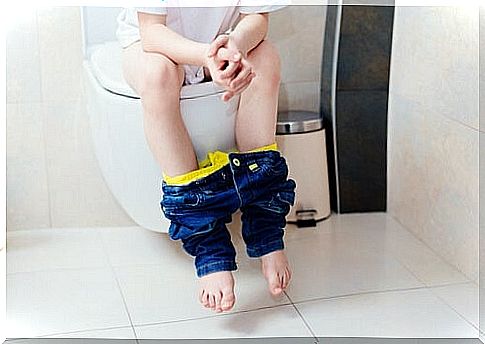
Encopresis in childhood inhibits socialization. The child who suffers from encopresis avoids playing with others for fear of having an “accident” in the presence of their friends. It is possible that you blame yourself, feel shame and deny your own body.
When this disease is not treated properly, it can lead to chronic constipation, bladder infections, abdominal discomfort, and poor appetite.
Can encopresis disappear on its own?
Not rarely. Establishing a routine for going to the bathroom, talking to the child and making him accept this moment in his life as something normal, something that should not generate anxiety… the encopresis disappears.
Furthermore, when fecal incontinence caused by constipation or diarrhea is treated, the condition is usually eradicated when the causes that give rise to it are alleviated.
How else can you help this child?
A child suffering from encopresis needs family support. The first thing is to receive a precise education that defines your routine for going to the bathroom: when and how to do it. It is likely that you only need to sit on the toilet after every meal or several times during the day.
You should talk to your child about it, even though it’s embarrassing for him. You’re not going to help him out by washing his dirty laundry or pretending that no one notices his problem.
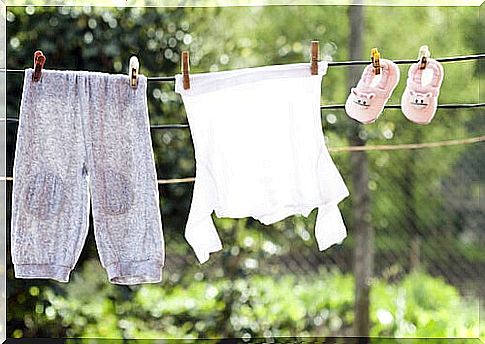
He must never be humiliated or embarrassed. The humiliation will only bring more out of control in your depositions . It is a problem that can be easily eradicated in childhood and the first moments need not become a psychological trauma that can drag on for a lifetime.
On the other hand, punishments or disapprovals will undermine any physical or psychological treatment he is receiving and will prevent the child from approaching loved ones to share their mood, emotions and concerns about it.
If your child suffers from encopresis, encourage him when he is able to defecate in the potty and not his clothes. Remember that this task is not easy for him.
